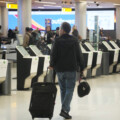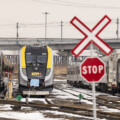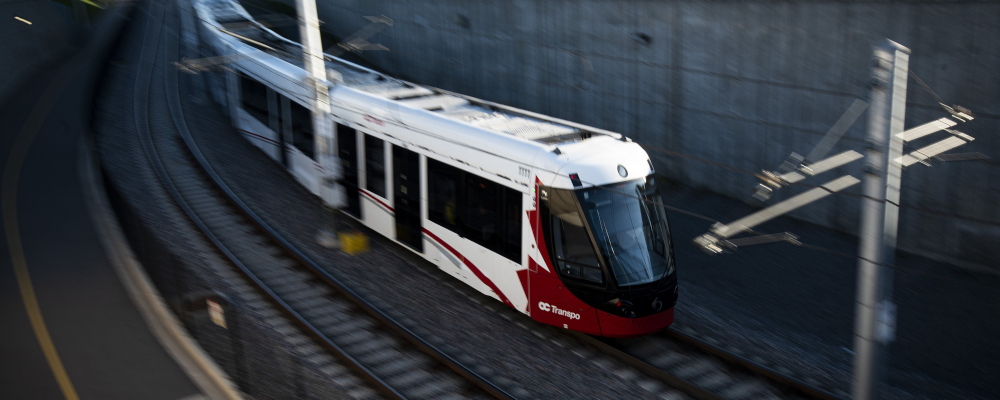After the federal government committed billions of dollars to transit infrastructure funding in the recent budget, it’s worth asking the question: why do Canadian cities rank among the most expensive in the world in terms of subway construction costs?
Why is Canada up to six times more expensive than comparable cities in Europe and south-east Asia? The question matters, because we’re about to get a big test of our construction capacity.
Last week’s federal budget includes a $14.9-billion allocation over eight years, starting in 2021-22, for public transit projects across Canada.
As described in the budget, “this funding will support new subway lines, light-rail transit and streetcars, electric buses, active transportation infrastructure, and improved rural transit, which will create affordable commuting options in communities and reduce Canada’s emissions.”
We spend a lot of time talking about how to pay for transit in Canada, and this budget provides a partial answer to that question, but we don’t spend nearly as much time talking about how to pay less for transit. And maybe we should.
The Eglinton Crosstown light-rail transit line in Toronto is the largest transit infrastructure project ever undertaken in Canada, by cost.
It was first conceived in 2007 during the administration of then-mayor David Miller as part of the Transit City transit expansion plan, and was projected to cost $4.6-billion to complete. Now, 14 years later, the project is on track to surpassing a recent $5.6-billion cost estimate, a full billion dollars over budget.
By the time that it launches, the Eglinton Crosstown line will have cost us about $245 million per kilometer to build — and that’s with only 53 percent of its 19 kilometers being tunneled, with the balance of the route running above ground.
“There is no correlation between a country’s GDP per capita and its subway construction costs.”
Transit Researcher Alon Levy
A fully tunneled subway in Toronto like the planned Yonge-University line extension to Richmond Hill will cost us about $636 million per kilometer to build.
The situation isn’t any better in Montreal where the Blue line extension (fully tunneled) will cost a projected $651.7 million per kilometer to build, or in Vancouver where the Millenium line Broadway extension (87 percent tunneled) will cost a projected $417 million per kilometer to build
By contrast, urban subways in cities like Madrid and Seoul cost between $80-million to $120-million per kilometer to build.
We’re spending more money to build transit infrastructure in Canada than most of the world and a lot more money than those countries that do it well.
Transit researcher Alon Levy tracks transit infrastructure costs across cities and countries for the Marron Institute at transitcosts.com, and knows more about the reasons for the high variance in costs between countries than maybe anybody.
To preempt some of the obvious theories, Levy argues that it’s not about a country’s wealth.
“There is no correlation between a country’s GDP per capita and its subway construction costs. Nor is it about geological factors: the biggest factor behind a project’s cost is what country it is in, and costs are fairly consistent even across different geologies. … This is purely institutional,” says Levy.
Levy recently wrote a report for the Niskanen Center in Washington DC, titled So You Want to Do an Infrastructure Package, that outlines and analyzes many of the reasons why construction of major transit projects in America (with almost every item being relevant to Canada) were slow, expensive, and inflexible.
He provides lessons and recommendations for building quickly, affordably, and flexibly.
Some of the reasons that “loom large from both quantitative analysis of the large dataset and some ongoing case studies” include overdesign, poor procurement practices, poor project management, expensive and unproductive labour, NIMBYism, and the politicization of projects.
He concludes that, “at a high level, the U.S. simply lacks the state capacity to move projects expeditiously”, and more optimistically that, “all these problems are eminently solvable … given the political will.”
To place these lessons and recommendations within a Canadian context, Alon is joining economist Tyler Cowen and Hub contributor Ginny Roth on the evening of May 3, for an online discussion on state capacity and the state’s ability to get big things done. (Use promo code HUB for free access.)
As the federal government begins to allocate some of those $14.9-billion for public transit projects, we should hope that it’s thinking deeply about these same issues.
Recommended for You

Bernardo Gogna: How to build the airport of tomorrow, today

Christopher Hume: Are Canada’s cities still ‘world-class’?

Bentley Allan and Heather Exner-Pirot: A smarter approach to Canada’s net-zero competitiveness

Can Canada finally build high-speed rail without it becoming an expensive, delayed, overbudget boondoggle?




